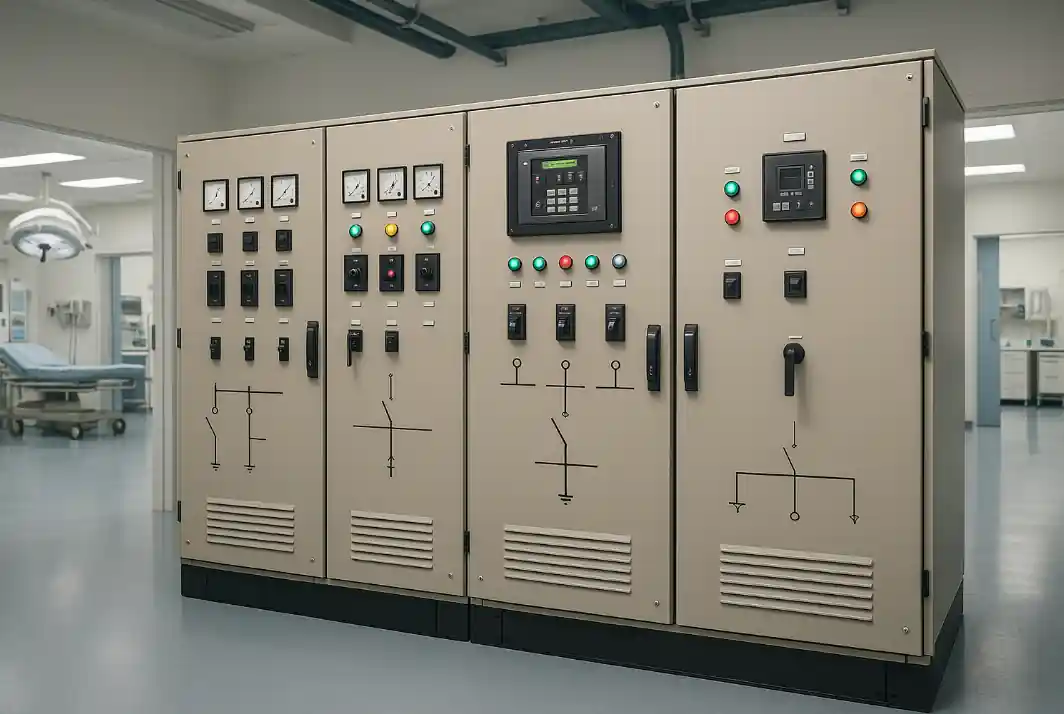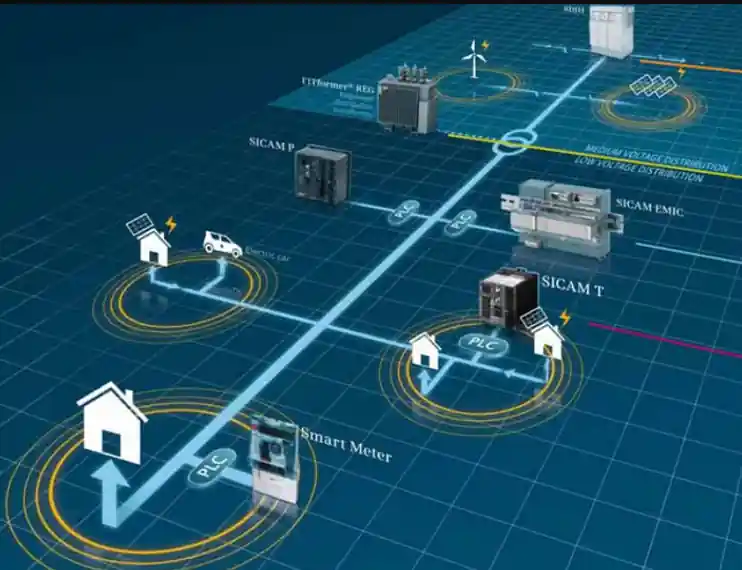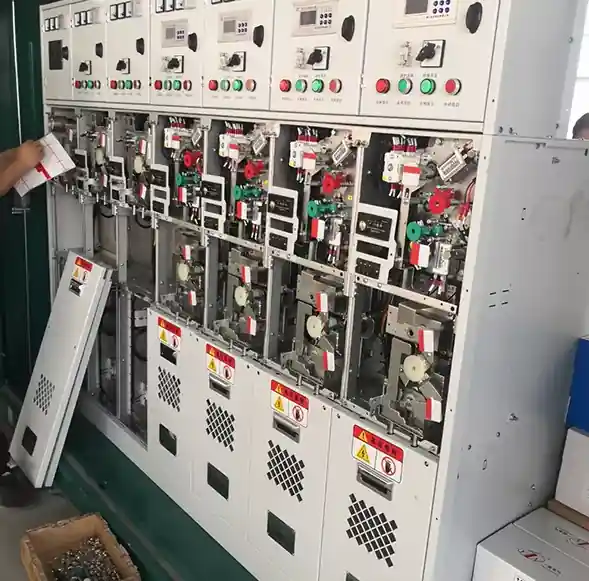
What Is a Ring Main Unit (RMU)?
A Ring Main Unit (RMU) is a compact, sealed, and metal-enclosed switchgear used in medium-voltage (MV) power distribution systems. Typically operating at 11kV to 33kV, RMUs form an essential part of secondary distribution networks, enabling continuous power supply even when a section of the network is under maintenance. The primary function of an RMU is to switch, isolate, and protect transformers and feeder lines in a looped or radial power distribution network.
Application Fields of RMUs
Ring Main Units are widely deployed across various sectors, including:
- Urban power distribution: Ensures reliable power in cities with underground cable systems.
- Industrial facilities: Protects internal networks in factories, oil refineries, and processing plants.
- Renewable energy: Interfaces between solar or wind power and the local utility grid.
- Infrastructure projects: Found in airports, railways, and high-rise buildings.

Market Trends and Technological Evolution
According to IEEMA and recent reports by Mordor Intelligence, the RMU market is expected to grow significantly by 2030 due to urbanization, grid modernization, and renewable energy expansion. The move from oil-insulated to SF₆ gas-insulated RMUs is particularly notable for improved environmental safety and footprint reduction.
Citing industry leaders:
- ABB and Schneider Electric have pioneered compact, low-maintenance RMU designs.
- IEEE recommends RMU-based configurations in smart grids for improved fault management and network reliability.
Key Technical Specifications (Typical 12kV RMU)
| Parameter | Value |
|---|---|
| Rated Voltage | 12 kV |
| Rated Current | 630 A |
| Short Circuit Rating | 21–25 kA |
| Insulation Type | SF₆ gas / Solid dielectric |
| Operating Mechanism | Manual or motorized |
| Protection Class | IP54 or higher |
| Standards Compliance | IEC 62271-200 / 100 / 103 |
RMU vs Traditional Switchgear
| Feature | RMU | Traditional Switchgear |
|---|---|---|
| Size | Compact | Bulky |
| Maintenance | Minimal | Periodic required |
| Insulation Medium | SF₆ or solid dielectric | Air or oil |
| Fault Isolation | Fast with minimal disruption | Often needs total shutdown |
| Environmental Impact | Low with eco-friendly variants | Medium to high depending on type |
RMUs provide significant advantages in environments where space is limited and high reliability is required.
How to Choose the Right RMU
Selection Tips:
- Determine the rated voltage and current required.
- Choose insulation type based on environmental policies (solid dielectric preferred in eco-sensitive zones).
- Opt for modular RMU units if future scalability is expected.
- Verify standard compliance: always choose products conforming to IEC 62271-200.
Recommended Brands:
- PINEELE, ABB, Eaton, Siemens, Schneider Electric

FAQs About Ring Main Units
An RMU offers uninterrupted power flow, even during maintenance, due to its ring configuration. It is compact, safer, and often maintenance-free.
Yes. RMUs are often designed with IP54 or higher enclosures, making them suitable for harsh environmental conditions.
High-quality RMUs from reputable manufacturers typically offer a lifespan of 25+ years, with minimal maintenance.
Conclusion
The Ring Main Unit (RMU) is not just an essential part of modern power distribution—it’s a key enabler of smart grids, renewable energy integration, and urban electrification. With compact design, robust safety features, and flexible configurations, RMUs are transforming the way electricity is delivered and managed.
Whether you’re upgrading a city network, building a solar farm, or designing an industrial plant, choosing the right RMU can make all the difference in efficiency, reliability, and safety.
